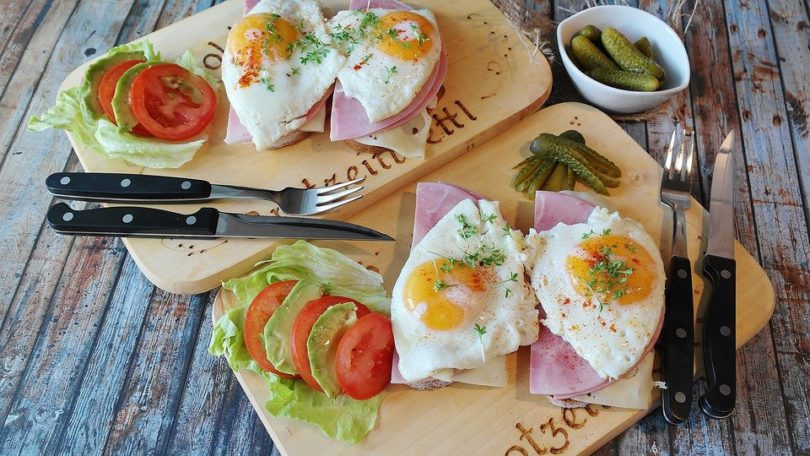How to learn to eat less — this question is of interest not only to those who are trying to keep fit but also to scientists. They have investigated all the issues: cutlery, size, and color of dishes, photographs of food, companions… What else did the experts pay attention to in search of an answer, and what conclusions did they come to?
MIRROR IN THE KITCHEN
According to a 2015 study by psychologists at the University of Central Florida, the mirror is a good helper in the fight against bad eating habits. Experiments participants were offered a choice of fruit salad or chocolate cake, and a dining room — with or without mirrors.
Everyone, without exception, liked the salad, but not the cake: those who ate it, while looking at their reflection, did not find it as tasty as their “partners” in a room without mirrors.
Study author and leader Ata Jami commented: “Reflection doesn’t just give people a sense of what they look like. It also allows them to objectively look at themselves and evaluate their actions in the same way as they evaluate the actions of others. ”
According to Dr. Jami, the mirror shows to lovers of junk food that their behavior does not meet the standards of a healthy lifestyle and causes a feeling of discomfort. And understanding this does not allow to fully enjoy, for example, the same cakes and to distort their taste.
SILENCE AND AWARENESS
Scientists from Brigham Young University are sure that this is the key to escape overeating. For instance, when we have dinner with loud music or TV, this noise drowns out our chewing, champing, swallowing, crunching, and we eat more. Everything changes if we just hear or even just think (as scientists say) what sounds we make while eating.
“When you drown out sounds while eating, for example, with the TV, you deprive yourself of one of the senses, distort the perception of food, and this can lead to the fact that you eat more than usual. The difference may seem subtle — like just 1 less crunchy cookie — but the difference can become noticeable in a week, month, or year. “
CLEANLINESS AROUND
In addition to the fact that cleanliness delivers aesthetic and other pleasures, it also plays an important role in calorie intake. One author of the study, Lenny Vartanyan, is convinced: “Being in a chaotic environment is bad for diets. It makes people think, all is out of control, so why should I hold back? I guess this applies to men too. ”
The experiment was carried out on women: some were left in a clean and quiet kitchen for ten minutes, and others at the same time on an untidy one with a continuously ringing telephone. In both cases, the participants were treated to crackers, sweet cookies, and carrots. The second group ate an average of 65 calories more. So, for those who want to keep fit, Australian researchers urge keeping the kitchen clean.

